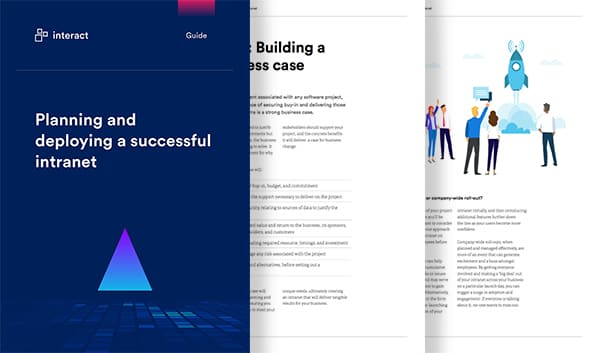Before you continue, consult the social and collaboration experts: your employees
In his article Dark Matter, Michael Edson uses cosmologists’ theory of dark matter as a metaphor for that part of the Internet which is open, social, peer-to-peer and read/write. To summarise, the greater part of activity on the Internet – that which is open, social, peer-to-peer and read/write – takes place without us seeing or knowing it exists. This is the inter-personal activity that is denied an audience. A precis of his article was delivered as a pre-recorded video for his keynote at J. Boye’s annual Aarhus conference in 2014 – see Dark Matter: Opening for J. Boye conference, Aarhus, Denmark. I recommend watching the video, and read the article when you have time.
Although the article is specific to the cultural sector, Michael’s ideas apply to the Internet as a whole and increasingly – I’d argue – intranets. He explains that if we include digital products and services in what constitutes an organisation, the majority of their activity – and therefore content – is beyond view. Look within the organisation – i.e., drop the ‘open’ from ‘open, social, peer-to-peer and read/write’ – and it is easy to see that this becomes increasingly relevant as intranets transition into a more social and collaborative form. What is less obvious is that ‘social, peer-to-peer and read/write’ pre-dates intranets within organisations, and continue apace whether it is acknowledged or not.
Unix’s ‘talk’, IRC, Yahoo Messenger, SMS, and many other peer-to-peer forms of digital communication were well established in the 90s – Yahoo Messenger was released March 1998! – and some of these continue through to today. Employees using digital devices and services to interact with one another is nothing new and has only become easier and more prevalent. Moreover, much of this activity – especially with the growth of social media – no longer requires employer-provided devices and services. Personal devices – smartphones, laptops – and personal accounts using third-party services – Facebook, Instagram – are ubiquitous. So, what are the benefits to the employer of this activity, and to what extent are employers acknowledging, accommodating or even assimilating this ‘dark matter’ ? Doubtless, many are pursuing social and collaboration without considering the extent to which this is already in existence, not that this is a stance peculiar to digital.
My talk at Interaction – Interact’s intranet conference – on 17 September will deliver research-based insights on this question, following consultation amongst J. Boye’s members and our wider network of digital professionals. We’re currently looking at employer policies covering personal devices and personal accounts, and seeking insight on the extent to which these are used for purposes beneficial to the employer. This isn’t about intrusion into personal lives – no – but rather to better understand the boundaries between personal and work in our modern, blended lives. Our goal is to surface some of what is hidden – but nothing personal – and help intranet decision makers make better decisions.
If you’re interested in the research and want to participate, drop me an email – stephen@jboye.com
